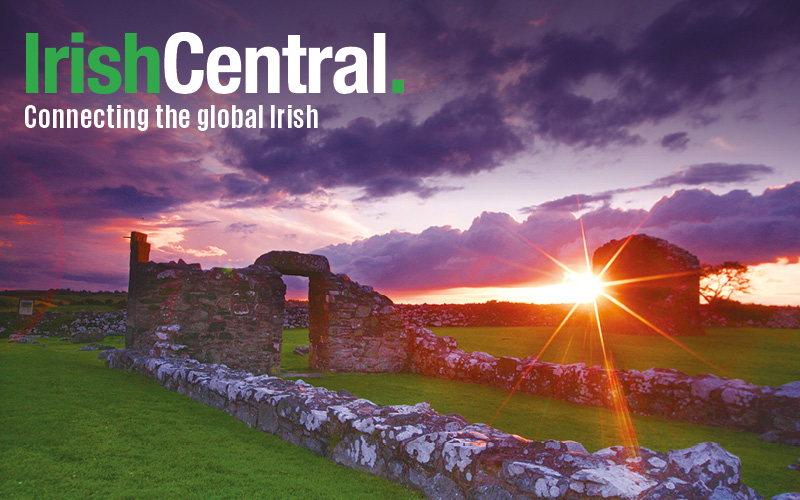| Cardinal Timothy Dolan |
The film, about the sexual abuse horrors Wisconsin’s Reverend Lawrence Murphy is accused of, was on a shortlist of 15 top documentaries back in December.
Either way, the film directed by Alex Gibney has already made a troubling case not only against Murphy, but the Vatican as well.
With the New Year upon us, and a grueling election which grappled with tough religious questions behind us, it is probably time to ask -- what is the future of the Catholic Church in America?
Given the revelations in Mea Maxima Culpa, given the election results and the ongoing restructuring of Catholic schools across the U.S., it is surprising fewer people have not raised this question.
After President Obama’s reelection, for example, most commentators argued that it was time for the Republican Party to take a long look in the mirror.
But what about the church and the election? New York Cardinal Timothy Dolan was on the offensive much of the electoral season, denouncing the Obama administration on several fronts.
Read more: New York Times surprised over Cardinal Dolan's support for beatification of Dorothy Day
Irish Catholic pundits such as Bill O’Reilly and Sean Hannity, meanwhile, suggested the election was nothing short of a referendum on religious freedom. A vote for Obama, many argued, was a vote against the Catholic Church.
Yet according to most polling data, Catholics supported Obama by a slim majority. (Though it appears that Irish and other white Catholics supported Mitt Romney.)
Either way, given the lengths vocal church leaders went to steer Catholics away from Obama -- Bishop Daniel Jenky of Peoria likened the Obama administration to those who mocked Jesus -- these numbers do not bode well.
And while it is tempting to say the church is engaged in spiritual rather than political matters, to pretend the church is an apolitical institution is to simply ignore reality.
But politics is only part of what church leaders need to be thinking about.
The true cost of the damage inflicted by the sex abuse scandal. The purpose -- and price -- of Catholic education. The dwindling number of priests.
The future of the church hinges on these and other messy, weighty questions.
Irish American scholar Patrick J. McCloskey offered some interesting thoughts this Monday in The New York Times. “Catholic parochial education is in crisis,” McCloskey, and his co-author Joseph Claude Harris, declared in an op-ed piece entitled “Catholic Education, In Need of Salvation.”
They note that Catholic schools have long played a key role for the Irish and other immigrants in America, but are no longer playing that role.
One reason? Tuition has risen sharply, though not because church revenues have fallen off.
“Despite the sex-abuse scandals and two recessions, church revenue...grew to $11.9 billion in 2010, an inflation-adjusted increase of $2.2 billion from a decade earlier,” they write.
“Yet educational subsidies have fallen; the church now pays at least 12.6 percent of parochial elementary school costs, down from 63 percent in 1965.”
One possible solution? Given the falling numbers of priests, McCloskey suggests deacons be given more power. This, however, would in all likelihood eventually lead to a “married priesthood.”
“Celibacy should be a sacrifice offered freely, not an excuse for institutional suicide,” McCloskey writes.
Good luck convincing Pope Benedict -- or, for that matter, Sean Hannity -- of that. But it’s pretty clear something has got to give.
Read more: Cardinal Dolan congratulates Bishop Dennis Sullivan on appointment as bishop of Camden
Something spiritual, yes, but also financial, educational and cultural. It’s tempting to say it’s time for another Vatican Council, like those meetings held between 1962 and 1965, to take up these profound questions.
Rather than sit and wait for that, perhaps the U.S. Conference of Catholic Bishops need to confront this moment head on and hold some sort of council of their own.
If for no other reason, then to shed light on the many good things the church still does. For all of its flaws, we would be a poorer nation without a vibrant, relevant Catholic Church.
Right now, that does not seem to be what the future holds.
(Contact “Sidewalks” at tdeignan.blogspot.com or [email protected].)




Comments